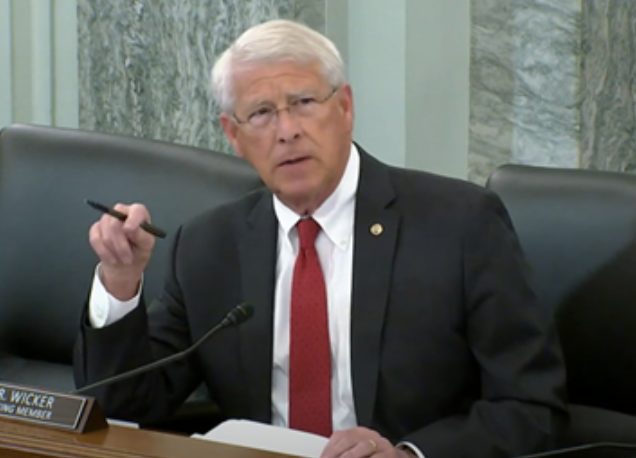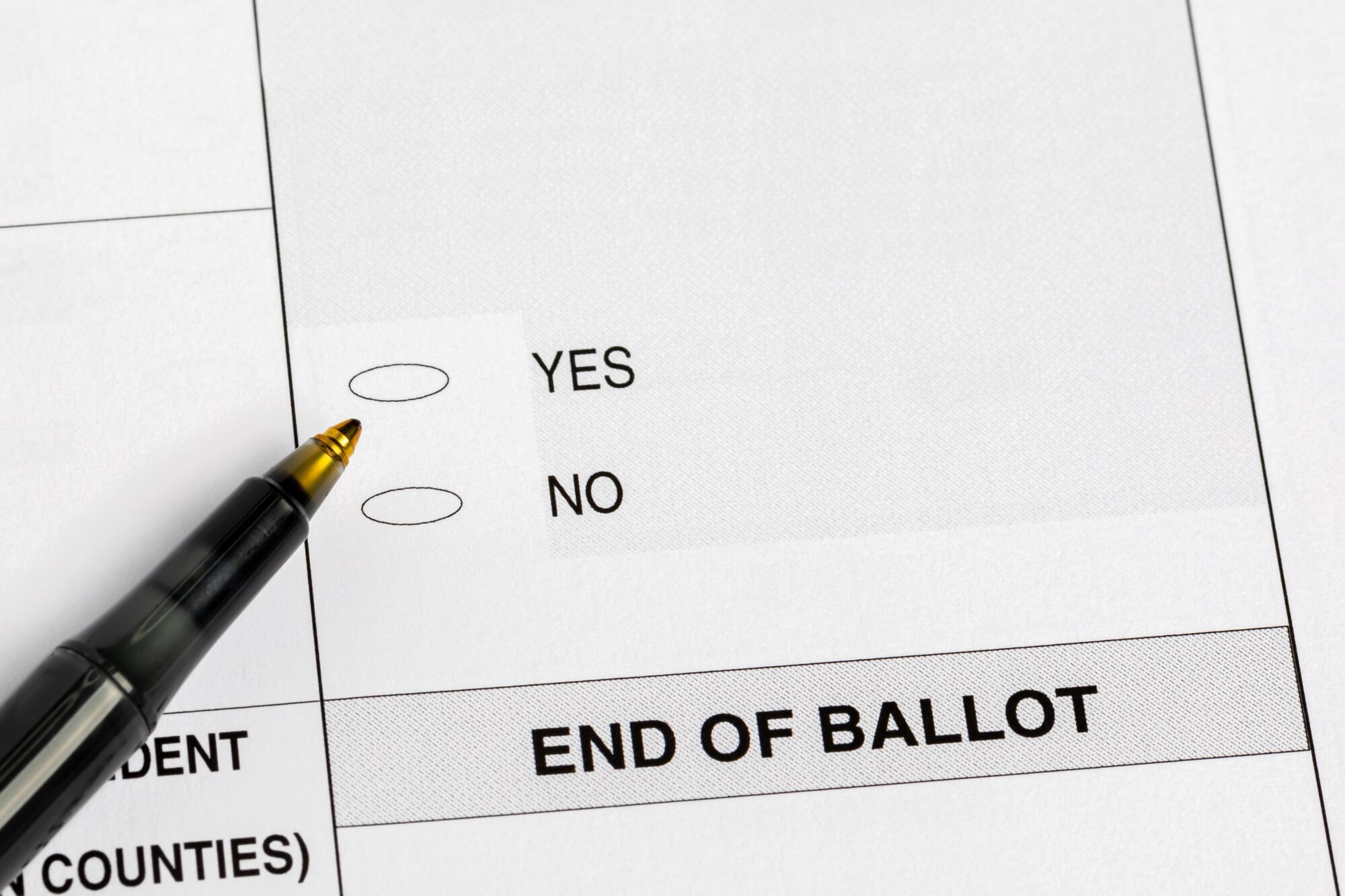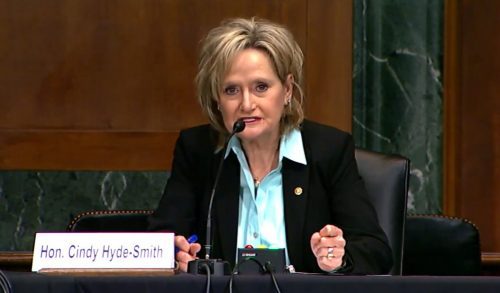
The Mississippi Senator says without such a law the risk of Americans’ personal data being exposed and exploited continues to grow.
Mississippi U.S. Senator Roger Wicker, ranking member of the Senate Committee on Commerce, Science, and Transportation, expressed the importance of Congress passing a comprehensive national data privacy law during the committee hearing on consumer data privacy on Wednesday.
Wicker has championed the need for a federal data privacy law while serving as the top Republican leader of the Committee.
In July, Sen. Marsha Blackburn, R-Tenn., ranking member of the Subcommittee on Consumer Protection, Product Safety, and Data Security, joined Wicker in reintroducing the SAFE DATA Act, which would provide Americans with more choice and control over their data and direct businesses to be more transparent and accountable for their data practices.
“Since the full committee last convened on this topic over a year ago, the need for strong data privacy rules has become more urgent,” said Wicker in the Wednesday hearing. “In response to the COVID-19 pandemic, millions of Americans have shifted their normal activities to online. This has resulted in more consumer data and personal information flowing throughout the economy than ever before. Without a national data privacy law in place, Americans will continue to face a growing risk of having their personal data exposed and potentially exploited.”
In the first set of questions to the panel of witnesses, Wicker referenced a Wall Street Journal article on the Federal Trade Commission’s (FTC) consideration of a rule to strengthen online privacy protections in an effort to bypass Congress in passing legislation. Wicker asked the panel about the FTC’s role in addressing consumer privacy.
David Vladeck, former Director of the FTC’s Bureau of Consumer Protection, agreed that Congress is the right body to decide what the law should be.
Morgan Reed, President of ACT | The App Association, went on to explain that “preemption is the key to small business success” and that “we can’t depend on a Supreme Court decision down the road.”
Wicker then asked the panel about the inclusion of a private right of action in data privacy legislation.
“Often times a private right of action hinders innovation, consumer choice, and ends up benefiting trial lawyers rather than consumers,” said Wicker.
FTC Former Acting Chairman Maureen Ohlhausen shared concerns on the way a broad private right of action is used in other statutes that does not serve consumer interests and is a burden on small businesses.
Ashkan Soltani, former Chief Technologist of the FTC, believes a private right of action makes up for the concern that there is not enough enforcement capacity.
Wicker emphasized that Congress, not the FTC, is responsible for developing a comprehensive national data privacy law, and anything short of congressional action would create significant regulatory uncertainty for businesses and confuse consumers about the scope and durability of their privacy rights.











